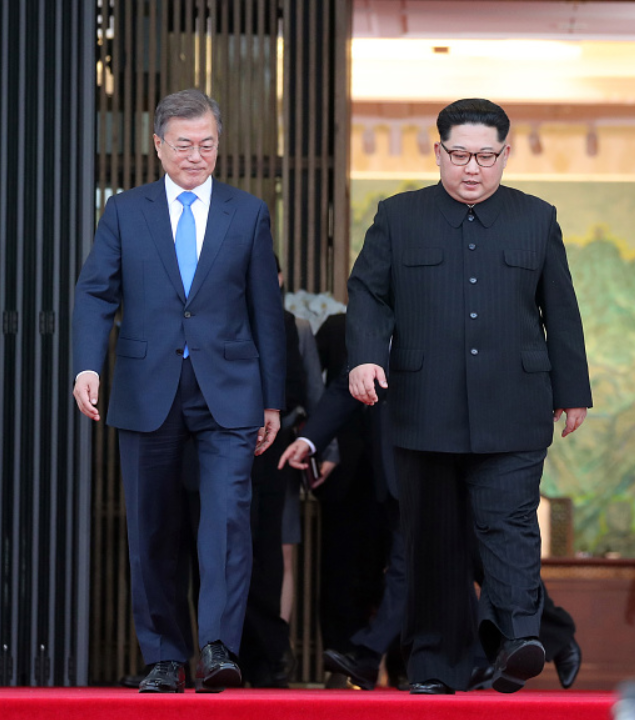
An Gang, Adjunct Fellow, Center for International Security and Strategy, Tsinghua University
May 02, 2018
The road to peace will be long and arduous.
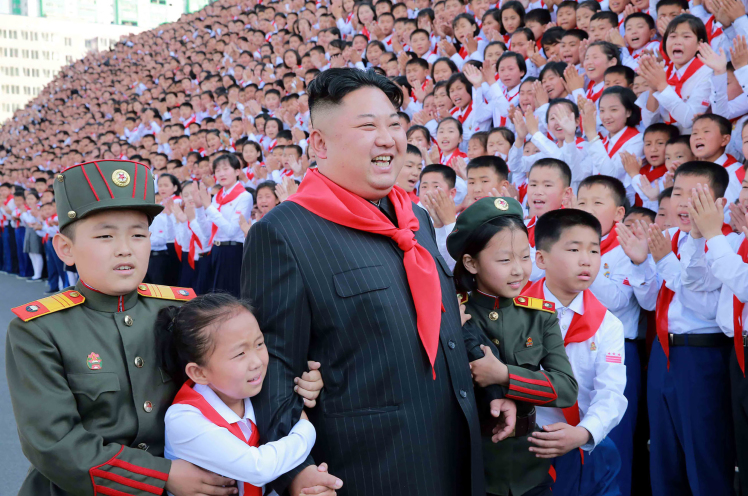
Wang Fudong, Assistant Research Fellow, Institute of International Economics and Politics, Shandong Academy of Social Sciences
Apr 27, 2018
This is the first time Kim Jong-Un, as the top leader of DPRK, has formally announced a nuclear/missile freeze, showing its sincerity to participate in denuclearization talks.
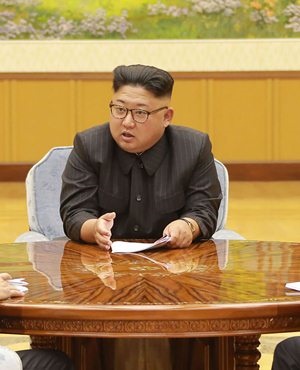
Richard Javad Heydarian, Professorial Chairholder in Geopolitics, Polytechnic University of the Philippines
Apr 24, 2018
Richard Heydarian, recently returned from a trip to North Korea, argues that the Kim regime has returned to the negotiating table out of a fortuitous combination of greater confidence, mastery of the nuclear cycle, and vulnerability, as sanctions begin to undermine the economic viability of the country.
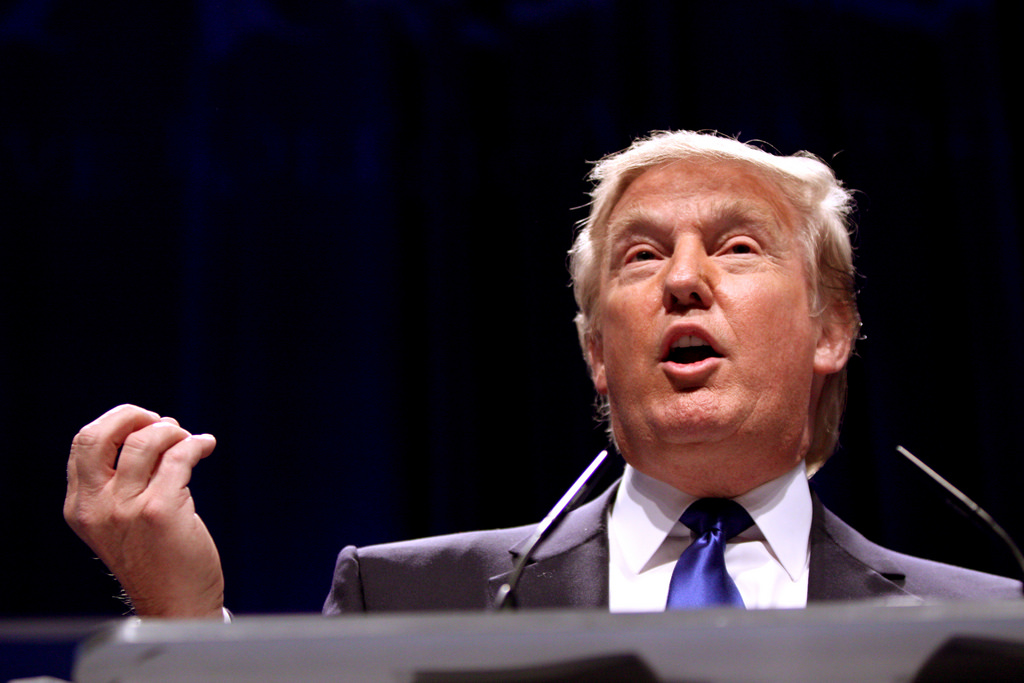
Jin Liangxiang, Senior Research Fellow, Shanghai Institute of Int'l Studies
Apr 23, 2018
Formal withdrawal will enhance the image of the U.S. as a rule-breaker amongst the international community.
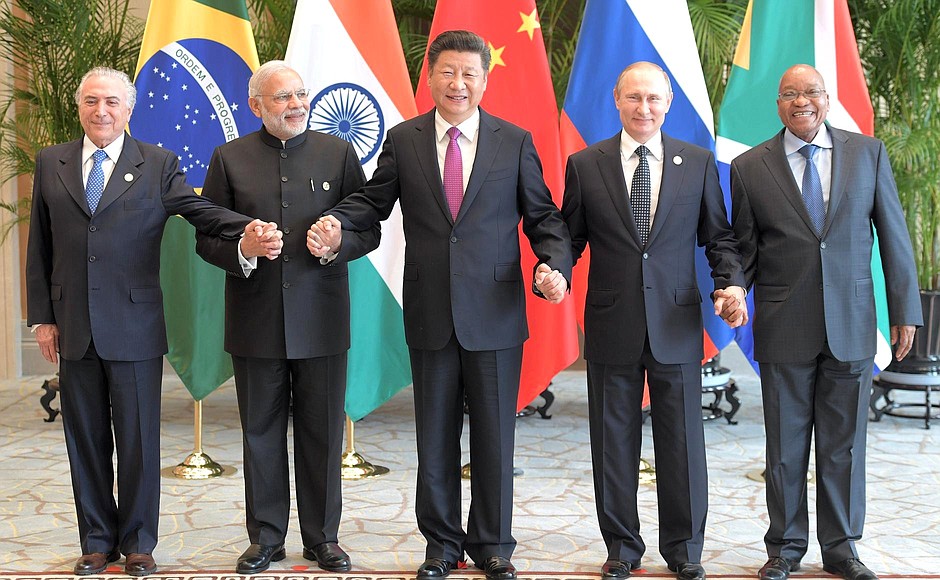
He Yafei, Former Vice Minister of Foreign Affairs
Apr 23, 2018
The US has to come to grips with the changed balance of power and accept the coming of a “new era” in international relations and global governance.
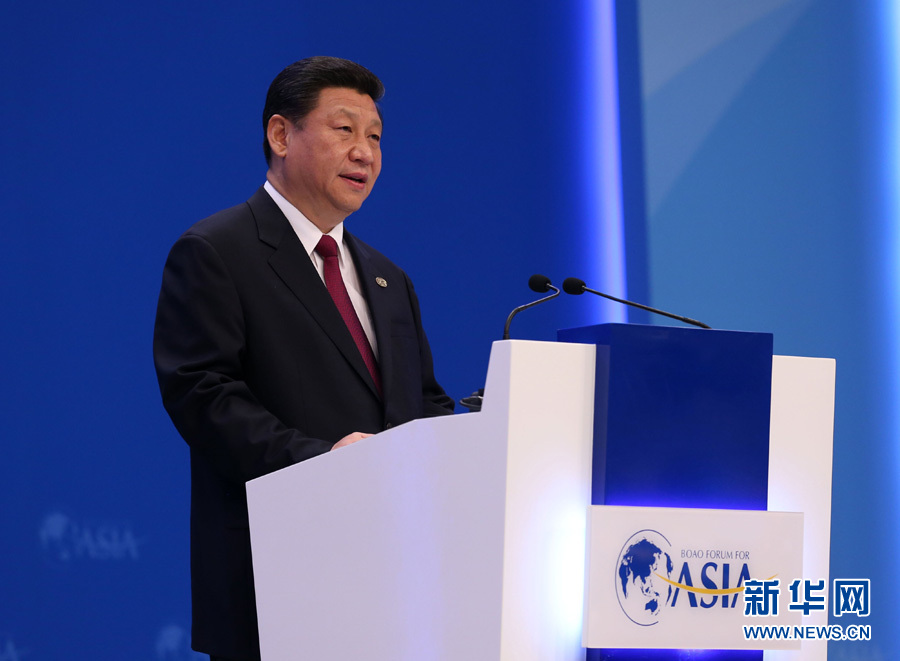
Chen Xiangyang, Director and Research Professor, CICIR
Apr 23, 2018
President Xi called for concerted efforts to build a community of shared future for mankind and a peaceful, tranquil, prosperous, open and beautiful Asia.
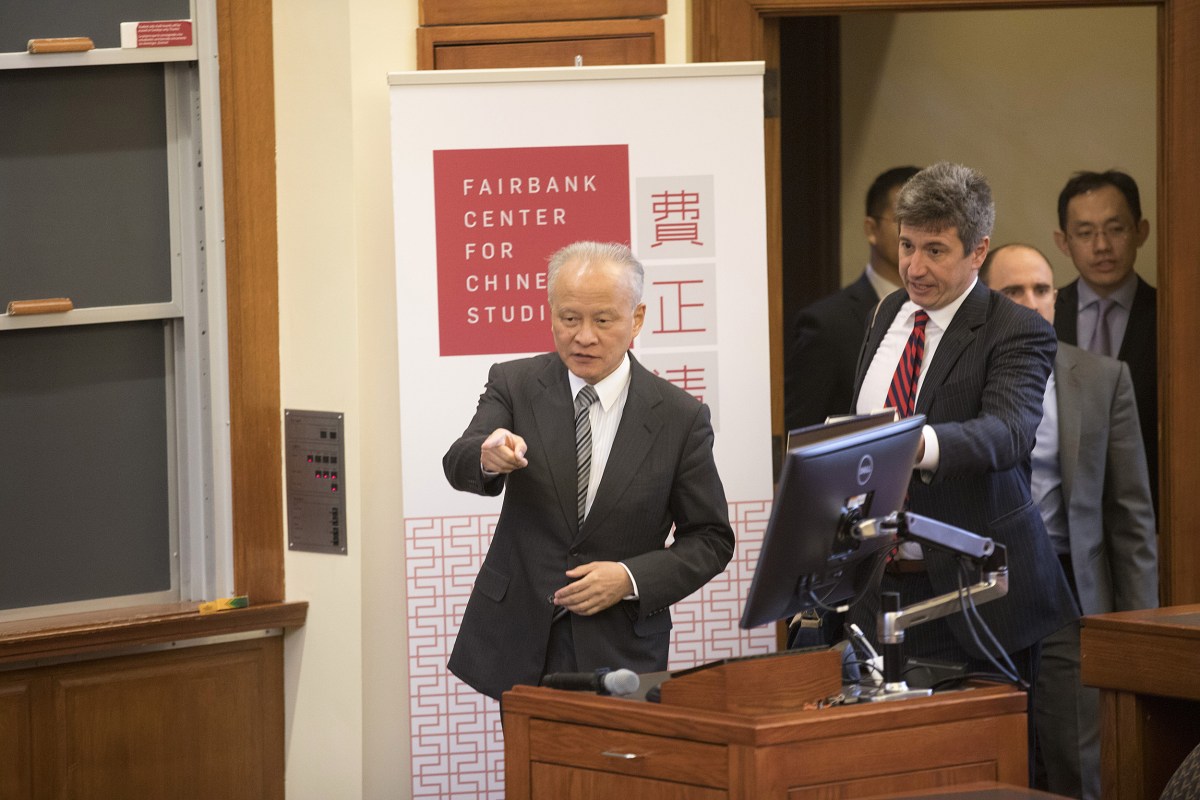
Cui Tiankai, China’s ambassador to the United States
Apr 20, 2018
We should join hands in building a new model of international relations and community with a shared future for mankind. Otherwise, we might all be replaced by artificial intelligence someday.
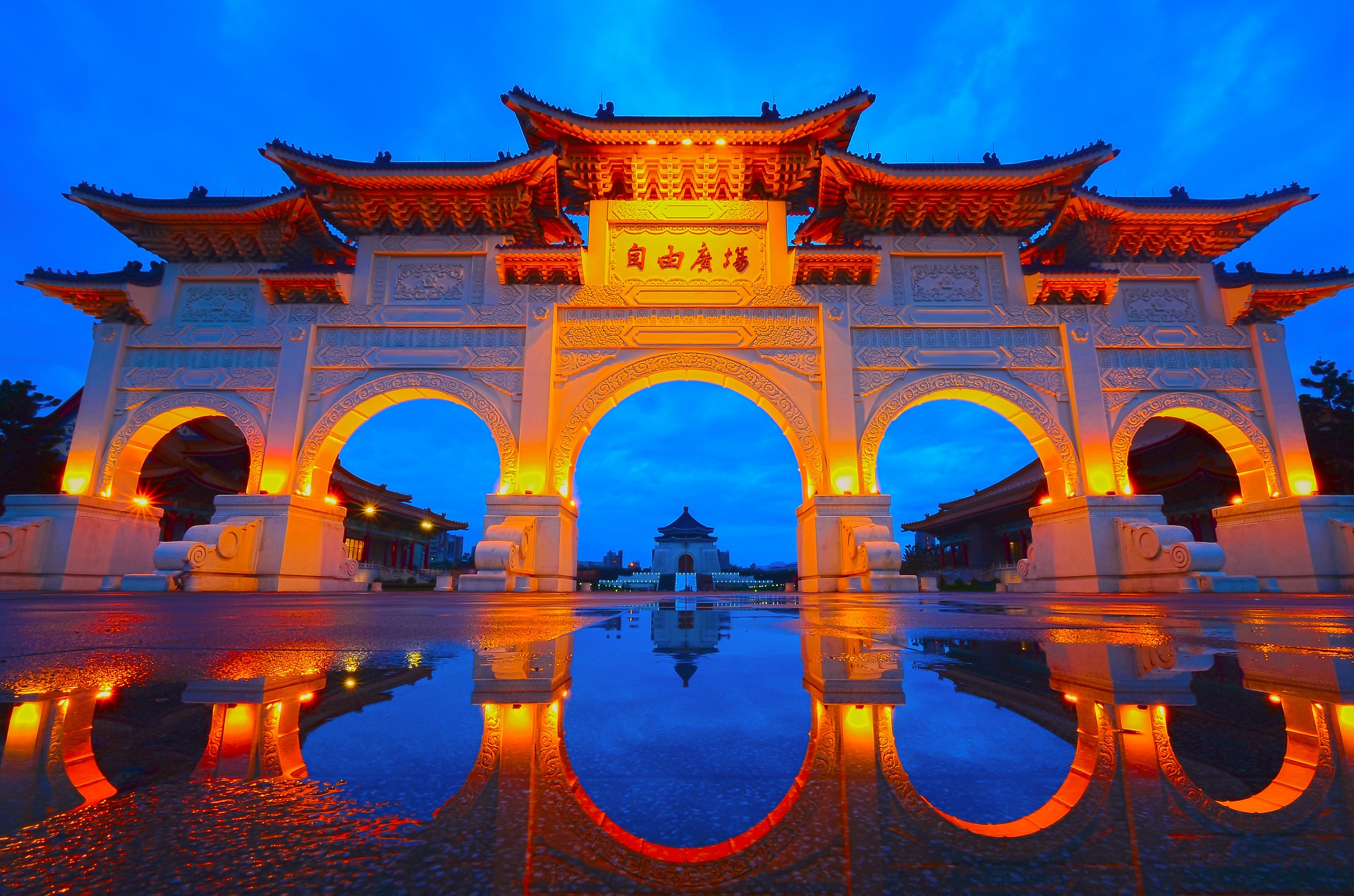
Aurelio Insisa, Honorary Assistant Professor at the University of Hong Kong
Apr 20, 2018
Whatever kind of power Beijing decides to exert over Taiwan, whether it be soft or hard, the decision will have momentous consequences on both sides of the Strait.

Fu Ying, Founding Chair of Center for International Security and Strategy, Tsinghua University; China's former Vice Minister of Foreign Affairs
Apr 19, 2018
The world has seen enough great power conflict.
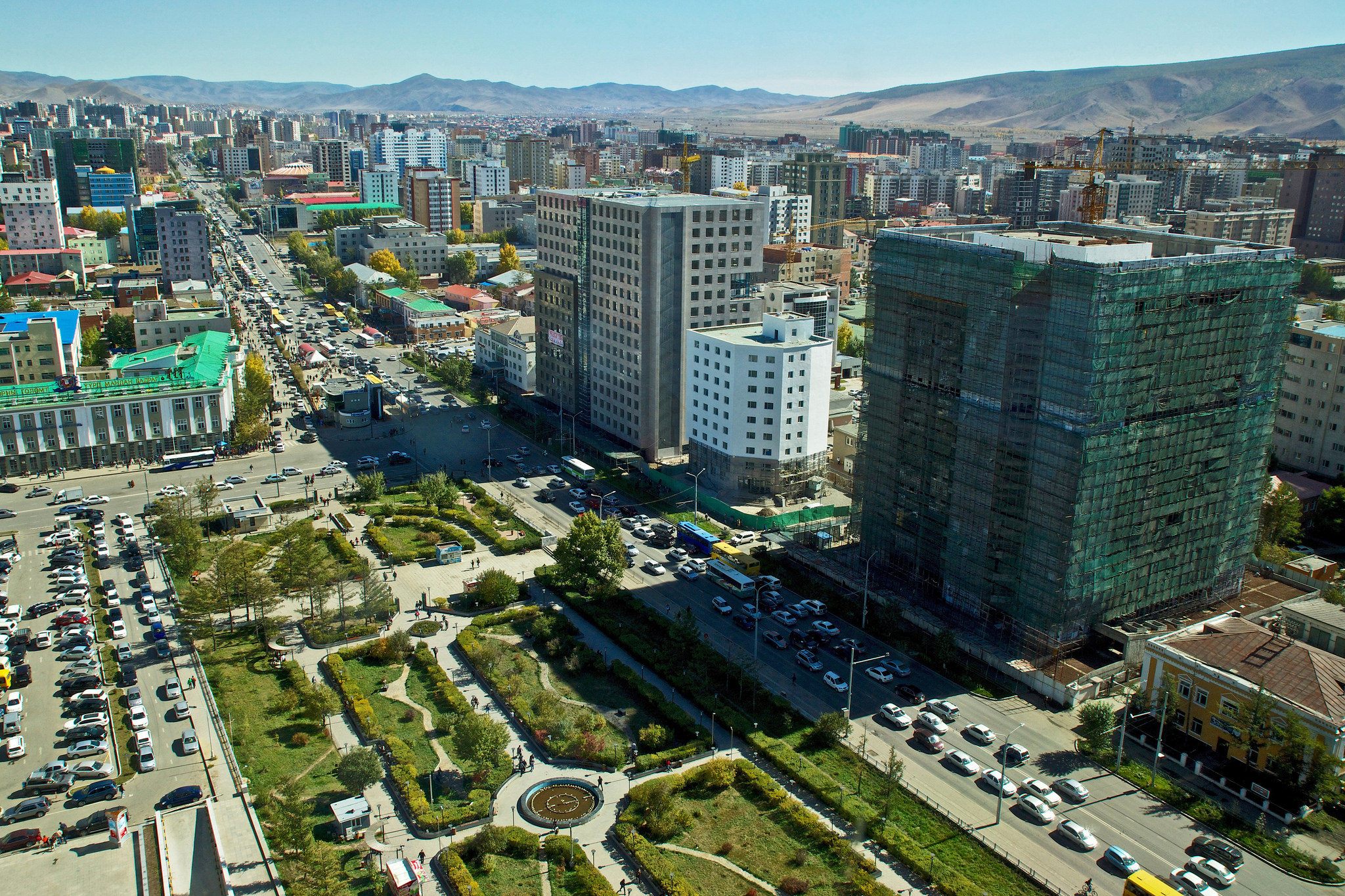
Peter Bittner, Lecturer, University of California, Berkeley
Apr 19, 2018
Why is the Mongolian capital now apparently at the top of the list for the Trump and Kim to meet to sort out their differences? Well, it appears that both North Korea and the United States may have very good reasons.
Back to Top

- China-US Focus builds trust and understanding between the U.S. and China through open dialogue among thought leaders.
- Our Offerings
- Topics
- Videos
- Podcasts
- Columnists
- Research Reports
- Focus Digest
- Stay Connected
-
Thanks for signing up!
- Get the latest stories from China-US Focus weekly.